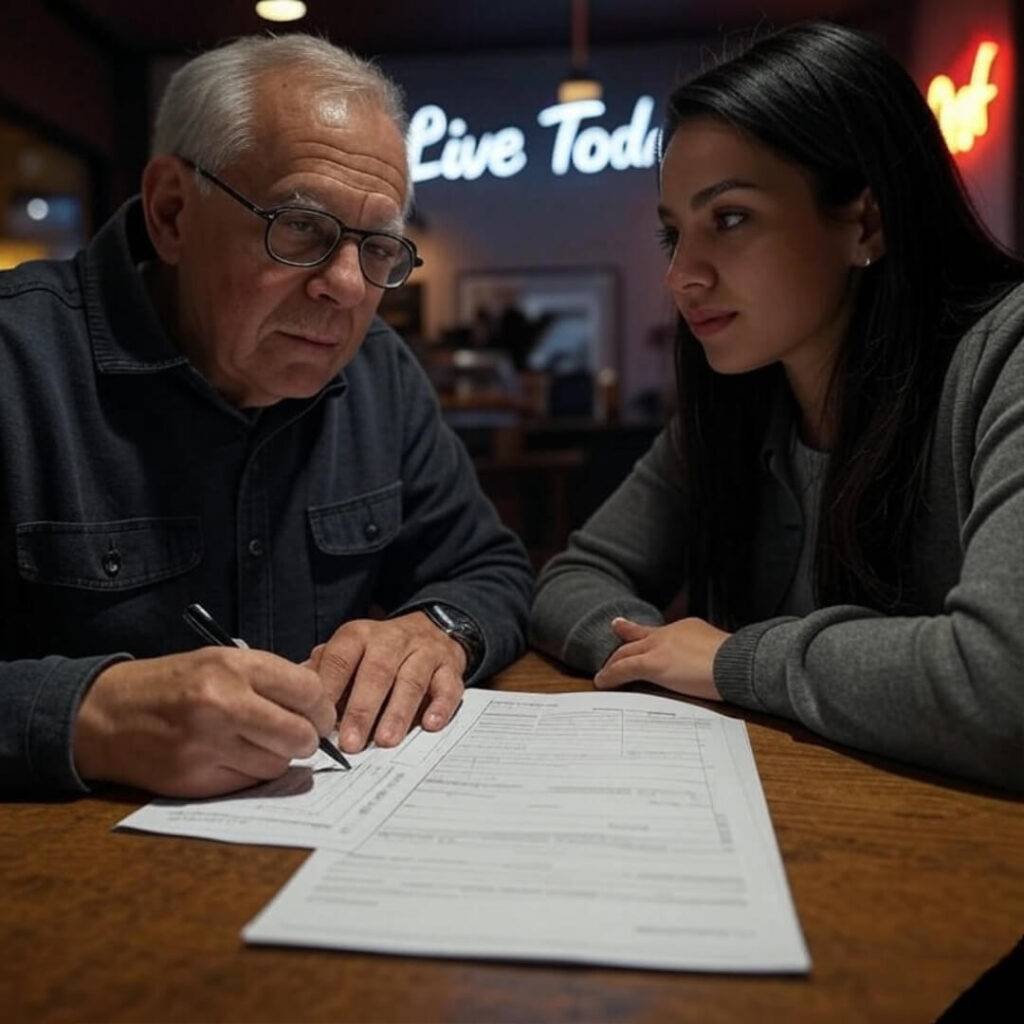Man, medical power of attorney—it’s one of those things you don’t think about until life smacks you in the face with it. Like, I’m sitting here in my cramped Seattle apartment, rain tapping the window like it’s trying to tell me something urgent, and I’m still reeling from last month when my mom had a health scare. The hospital smell—antiseptic mixed with stale coffee—still lingers in my nose. I was totally unprepared, fumbling through forms while nurses buzzed around like bees. That’s when I realized I didn’t have a clue who’d make decisions for me if I couldn’t. Yikes, right?
Why Medical Power of Attorney Is My New Obsession
Okay, so a medical power of attorney is basically you picking someone you trust to make healthcare decisions if you’re out of commission—think coma, surgery gone wrong, or just too loopy to think straight. It’s not just for old folks; it’s for anyone who might end up in a hospital bed. I learned this the hard way when my mom’s heart thing happened. I was standing in the ER, clutching my phone, Googling “what is a healthcare proxy” while trying not to cry. Here’s a solid explainer from the Mayo Clinic if you want the official rundown. Anyway, I felt like an idiot for not knowing this stuff sooner.
Here’s the deal:
- It’s not about giving up control; it’s about choosing who gets to speak for you.
- You can pick anyone—your best friend, your sibling, even your super-organized neighbor who’s weirdly good in a crisis.
- It’s different from a living will, which is more about specific treatments you do or don’t want. A healthcare proxy (yep, same thing) is a person, not a document.

My Epic Fail with Medical Decision-Making
So, here’s where I get real. Last month, I was visiting my mom in Tacoma, and she collapsed—out of nowhere. Heart arrhythmia, the doctors said. I’m there, trying to act calm, but my hands are shaking so bad I can barely sign my name on the visitor log. Nobody had a medical power of attorney set up for her, so the hospital staff started asking me what to do. Me! The guy who forgets his own dentist appointments! I didn’t know her wishes—did she want aggressive treatment? Comfort care? I was guessing, and it felt like betraying her. The National Institute on Aging has a great guide on why this matters, by the way.
I swore I’d never let that happen again. So, I started digging into healthcare proxies. I even printed out a form, but—true story—it’s still sitting on my kitchen counter, half-filled, next to a takeout container. I keep meaning to finish it, but life, you know? Still, I’m picking my sister as my agent. She’s bossy, but she knows me better than anyone.
Tips from My Messy Journey with Healthcare Proxies
Alright, I’m no expert, but here’s what I’ve learned about setting up a medical power of attorney. It’s not as scary as it sounds, even if you’re as disorganized as me:
- Pick someone who gets you. My sister knows I’d rather joke through pain than be knocked out with meds. Choose someone who’ll fight for your wishes.
- Talk to them first. I called my sister last week, and it was awkward. “Hey, wanna decide if I live or die?” But we laughed, and now she knows my deal.
- Get it in writing. Every state’s different, so check your local rules. This guide from AARP has free forms for every state—super helpful.
- Don’t wait for a crisis. Seriously, I thought I had time. Then boom, hospital. Don’t be me.

Why I’m Kicking Myself for Waiting on a Medical Power of Attorney
Here’s the raw truth: I’m terrified of losing control. Like, the idea of someone else deciding whether I get a feeding tube or not? Freaks me out. But not having a medical power of attorney is worse—it’s like leaving it to chance. Last week, I was at a diner in Capitol Hill, scribbling notes for this blog on a napkin (because of course I forgot my notebook). The server spilled ketchup on my shoe, and I laughed it off, but it hit me: life’s messy, unpredictable. If I get hit by a bus tomorrow, I want my sister calling the shots, not some overworked doctor who doesn’t know I hate needles.
I also learned it’s not just about you—it’s about the people you love. My mom’s still recovering, and she feels guilty for putting me in that spot. I keep telling her it’s fine, but it’s not. A healthcare agent would’ve taken that weight off both of us. I’m still figuring this out, and yeah, I’m dragging my feet on the paperwork. But writing this is my promise to myself—and you—to get it done.
Wrapping Up My Rant on Medical Power of Attorney
Look, I’m just a guy in a rainy city, trying to adult and failing half the time. But medical power of attorney? It’s a game-changer. It’s like telling the universe, “Hey, I’ve got a plan, and it’s not chaos.” My apartment’s a mess, my life’s a mess, but this is one thing I can control. So, grab a coffee, sit down with someone you trust, and talk about this stuff. It’s awkward, it’s scary, but it’s worth it.
Call to Action: Don’t wait like I did. Check out AARP’s free advance directive forms and start your medical power of attorney today. You got this.

